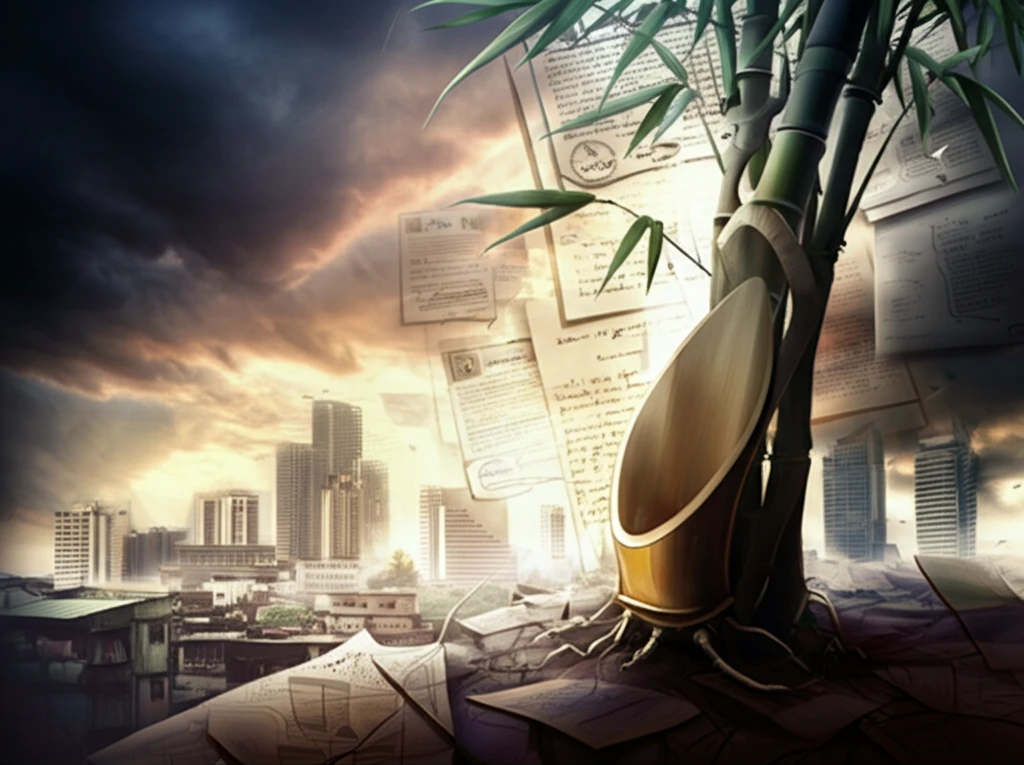
The Philippines: Why Democracy Struggles Despite People Power Revolutions
"Uncover the complex reasons behind the Philippines' ongoing struggle to establish a strong and stable democracy, examining its history, elite power dynamics, and the role of civil society."
The Philippines holds the distinction of being one of the longest-standing democracies in Southeast Asia. However, its democratic journey has been far from smooth. Despite several periods of electoral governance and even remarkable instances of 'People Power' revolutions, the nation continues to face significant challenges in establishing a robust and high-quality democracy. This begs the question: why does democracy in the Philippines struggle to take firm root?
Unlike many of its regional neighbors, the Philippines adopted democratic institutions early on, modeled after the American system. Post-independence, regular elections became a norm. Yet, this system proved unstable, creating tensions that ultimately paved the way for authoritarian rule. The Marcos era, marked by martial law and the suppression of democratic processes, serves as a stark reminder of the fragility of Philippine democracy.
Even after the triumphant 'People Power' revolution that ousted Marcos, the subsequent return to democracy saw a resurgence of old patterns. Instead of forging a new democratic path, the country largely reverted to a US-based presidential system, allowing established elites to recapture power. This continuity of practices, combined with specific factors unique to the Philippines, helps explain the ongoing challenges to its democratic development.
Elite Dominance: How Wealthy Families Maintain Political Control in the Philippines

A key factor in understanding the Philippines' democratic trajectory is the persistent influence of elite families. Scholars like Carl Landé have emphasized the continuity of practices, particularly 'patrimonialism,' as a defining feature of Filipino politics. This system is characterized by strong ties between patrons (wealthy families) and their clients, enabling these families to maintain and strengthen their political and economic power across generations.
- Wealth Concentration: Wealthy families control a disproportionate share of the nation’s assets.
- Patron-Client Relationships: Strong, reciprocal relationships between powerful families and their supporters reinforce existing power structures.
- State Resource Capture: Elites strategically use state resources to enhance their wealth and influence.
- Limited Political Mobility: It is difficult for individuals or groups outside these established networks to gain significant political power.
The Path Forward: Can the Philippines Break Free from Its Past?
The Philippines' democratic journey is a complex tapestry woven with threads of hope, resilience, and persistent challenges. While 'People Power' revolutions have demonstrated the nation's yearning for change, the enduring power of elite families and structural inequalities continue to impede the development of a truly robust and inclusive democracy. The path forward requires addressing these fundamental issues, fostering greater political participation, and strengthening institutions to ensure accountability and transparency.
